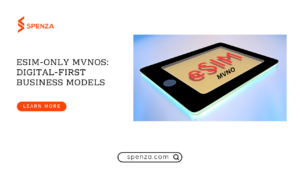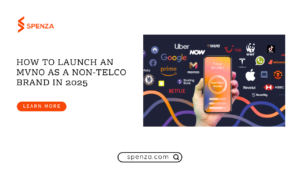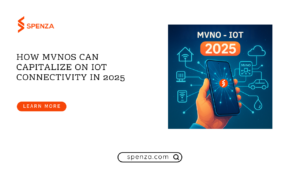
eSIMs are hard-wired SIM cards built-in to mobile devices that can be remotely provisioned and configured. Not having to deliver physical cards changes the game for Mobile Service Providers (MSPs) and mobile users alike. If managed well by the MSPs, users will enjoy a faster service setup, and with the additional benefit that the SIM card cannot be intercepted and used fraudulently. And the cost of managing the whole fulfillment process drops considerably – a win-win.
The MSP will not be the only cost beneficiary. With reduced costs, of course, there is the opportunity for MSPs to reduce prices (or increase profits). But more than that, eSIM allows for easier MSP portability practices, and therefore marketplaces to drive competition are likely to evolve. With increasing competition, prices generally come down.
A competitive marketplace is a great news for all users. But for enterprises this is a sizeable potential advantage, increasing with the number of users an organization has. As an enterprise, oversight of the cost-quality balance and service administration can be fraught with complexity and admin overheads that detract from the benefits. And with the need for national and international roaming in the mix, the costs and management complexity can increase substantially.
When managing enterprise mobile service needs it is pleasing to be able to procure and manage everything from a single provider, even if there are multiple MSPs providing the service behind the scenes. Simplified service selection, fulfillment, ongoing transparency, and consolidation of costs to manage spend better whilst keeping the right balance of cost and quality-of-service is an operational imperative.
Partners like iSimplexity, therefore, become a business enabler; reducing complexity and cost whilst keeping the right quality for enterprise user needs. With a built-in marketplace driving competitive pricing and simplified management tools to control and view expenses, the CTIO and Business Administration leadership now have the tools to make their lives easier and deliver improved value to stakeholders. And if history and logic are consistent, reducing such distractions helps put more focus on the customer…certainly something at the front of my mind.





